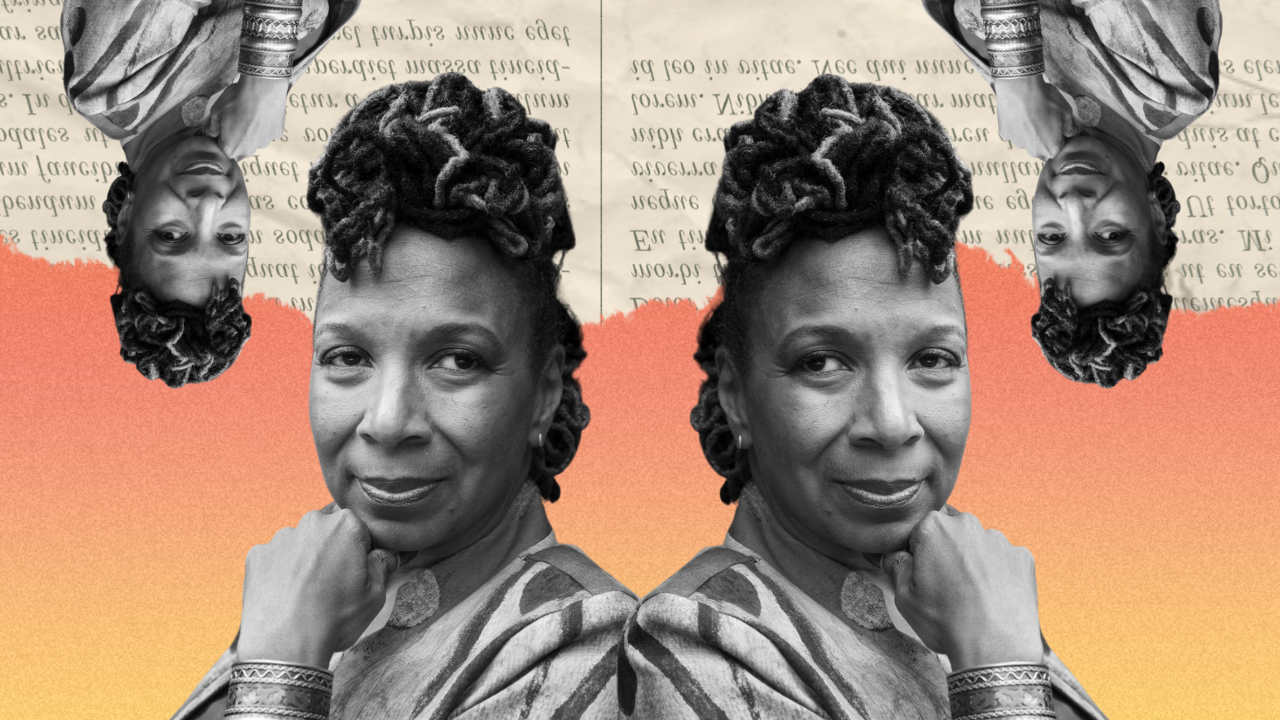
Listen
our podcast explaining theory
Latest Podcast
You can find our podcast on Spotify! At the top of this page, we’ll have our latest episodes. Below on this website page, we’ll have some of our favourites featured.
Feminism and Backlash
In Topic 5, we’re hearing from Nancy Kelley, previously CEO of Stonewall, about Feminism and Backlash. We recorded this episode live - it was so fun to see you all!
The Impact of Unpaid Care on Economic Equality
In Series 2 Topic 4, we’re thinking all about money. On our podcast, we speak to Dr Mary-Ann Stephenson’s from the Women’s Budget Group about classical understandings of economics and gender equality. We think about the impact child care has on the economy, and what reform could look like.
Women’s Invisible Labour in the Home
Laura Danger speaks to us about invisible domestic and emotional labour, and the way this still tends to fall to women in the home.
Ecofeminism in Latin America
Andrea Sempértegui joins us to speak about all things ecofeminism. Find out why the women leading the environmental movement in Latin America don’t call themselves feminists.
The Reality and Artificiality of Our Bodies
Julia Serano and Talia Mae Betcher join us on our podcast to talk all things bodies. We speak about femininity, artificiality, reality, transness, and the politics of boundaries. Reading list and definitions included along the way!
Feminism and Socialism with Shiela Rowbotham
In our fourth and final topic is Series 1, we’re looking at Socialism and Feminism. What have socialism and feminism got to do with each other - aren’t they entirely different? What’s a girl-boss, a neo-liberal, a socialist, a capitalist? Someone please explain!!! Sheila Rowbotham has our backs.
Crenshaw’s Intersectionality
‘Intersectionality’ is a word you hear around a lot in some feminist spaces — at Grabbing Back we call ourselves ‘intersectional feminists.’ So it’s about time we looked at what exactly that means. The concept has deep roots, but the term ‘intersectionality’ itself was coined by Kimberle Crenshaw in 1989. This month we dive into Crenshaw’s writing.
‘Roots of Intersectionality’ Part 3
In this podcast we look at some of the conceptual roots of ‘intersectionality.’ We hear from some people in the Grabbing Back community reflecting on a poem by Angelina Weld Grimke and a speech by Audre Lorde. This is Part 3 of 3 of this month’s podcast on ‘Roots of Intersectionality.’
‘Roots of Intersectionality’ Part 2
In this podcast, we look at the roots of ‘intersectionality’ by hearing members of the Grabbing Back community reflect on some theory from bell hooks and Audre Lorde. This is Part 2 of 3 podcasts on the roots of intersectionality.
‘Roots of Intersectionality’ Part 1
In this podcast, we look at some of the roots of the idea of intersectionality by hearing some people from the Grabbing Back community reflecting on writing from the Combahee River Collective Statement and Angela Davis’ book, ‘Women, Race and Class.’ This is part 1 of 3 podcasts on the ‘Roots of Intersectionality.’
‘Waves’ Part 2
Learn about waves of feminism with the Grabbing Back team and Gillian Love.
‘Waves’ Part 1
Learn about waves of feminism with the Grabbing Back team and Gillian Love.
OWN: The recorded conversation
Part of our OWN theme month. Join us as a fly on the wall and eavesdrop on our group conversation all about the word ‘own’. We talk about swimming pool lanes, transient racial identities and queer cinema.
Owning Labour
This piece is part of our OWN collection. An anonymous contributor reflects on the complexities of owning your own body as a sex worker, in this audio piece and sketch.
Dipping Our Toes Into Theory
Megan Whitlock speaks to Cyara about how she has found engaging with feminist theory. Questions include: was Margaret Thatcher a feminist? Do you have to have read theory to act on feminism? Are feminist snobs about what counts as ‘theory’? How do socialism and feminism interact?
Revolutionary Ideas: Sustainable Fashion and Feminist Societies
Watch the recording of our panel event with five exceptional speakers as we imagine together what a feminist fashion industry might look like.
















